Description of the action and making an antiseptic with your own hands
The coronavirus epidemic has revealed many problems, in particular, what means can be used to protect oneself from infection, and whether there are drugs that can protect a person. There are such funds, one of the main ones are antiseptics.
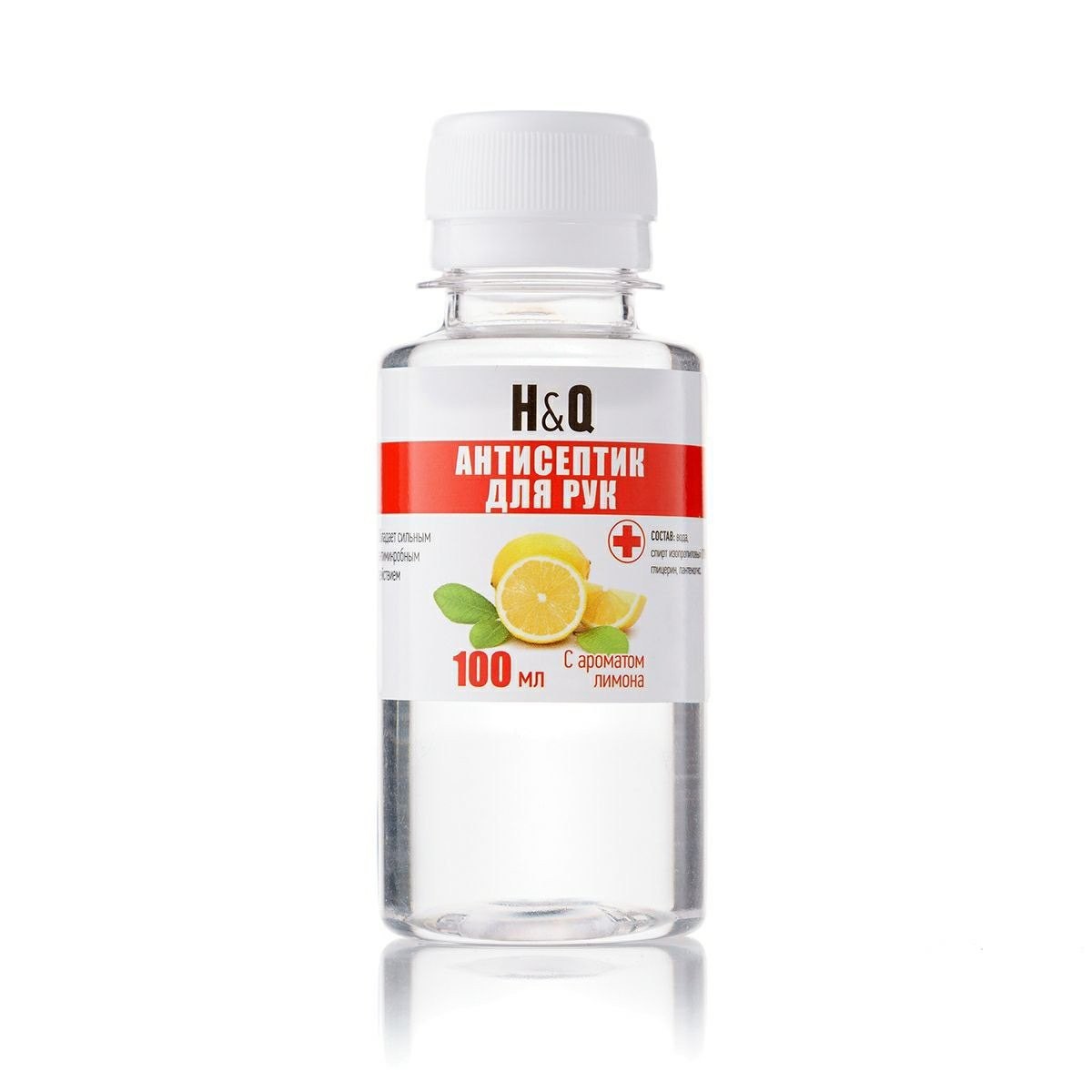
- What is an antiseptic, its composition and effectiveness of use
- Does it affect viruses
- Types of antiseptics and their principle of action
- How to choose an antiseptic when buying
- How to do it yourself
- Correct application
- Features of the use of antiseptics in the medical field
- Are antiseptics safe
- What is the difference between antiseptics and disinfectants
- Most popular manufacturers
- Video: how to make an antiseptic with your own hands
What is an antiseptic, its composition and effectiveness of use
Antiseptics include substances and preparations, the use of which ensures the complete destruction of harmful microbes or an effective opportunity to prevent their reproduction. Antiseptics are used in medicine to disinfect instruments. Medicines that are intended for home use can be purchased at pharmacies. Most often, it is recommended to buy means to protect hands from microbial damage.
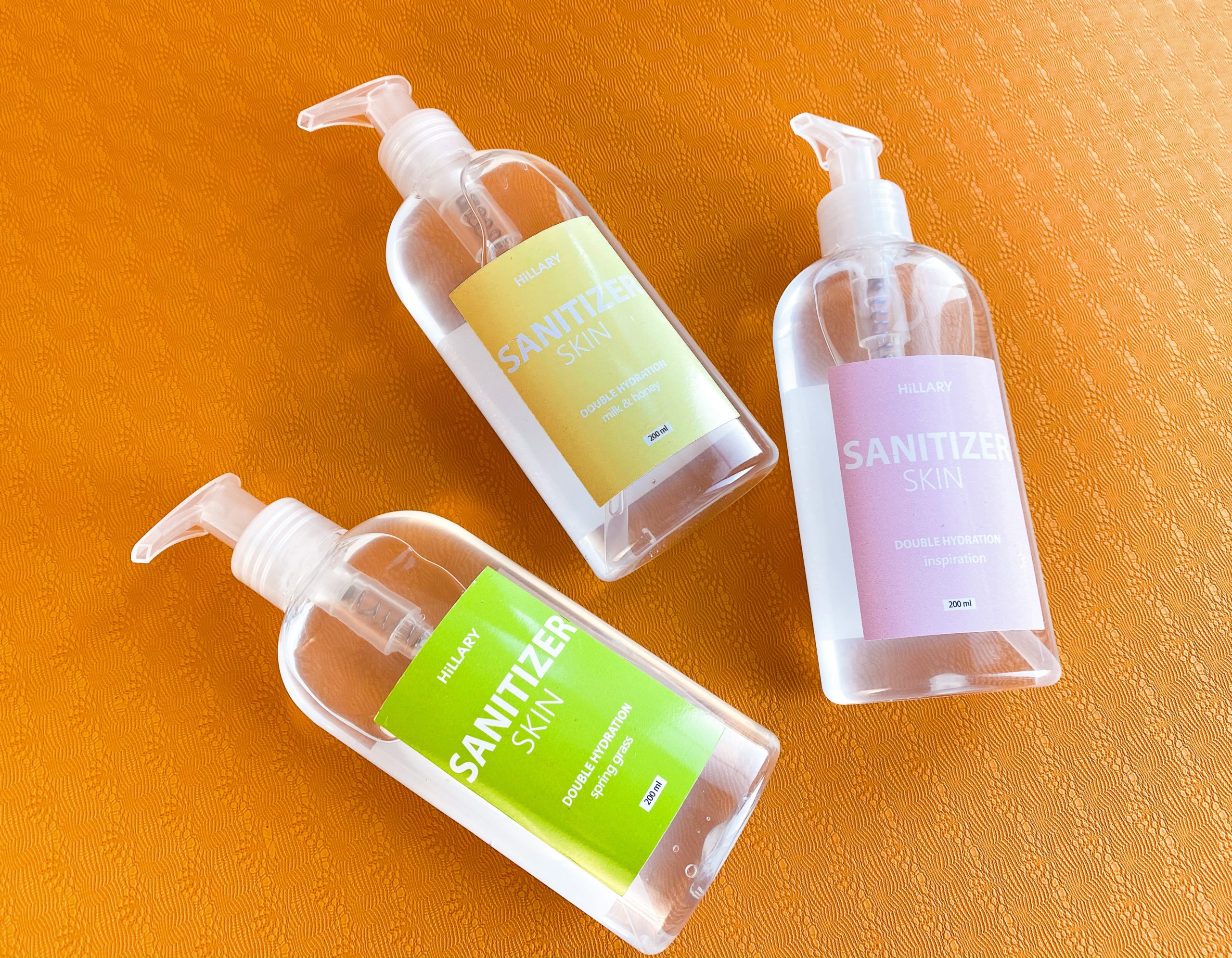
This direction of the action of antiseptic agents is fully justified - it is the hands that most often come into contact with objects and substances that can carry the pathogenic microflora. They can also be used as substitutes for soap and water if they are not currently available to the user.
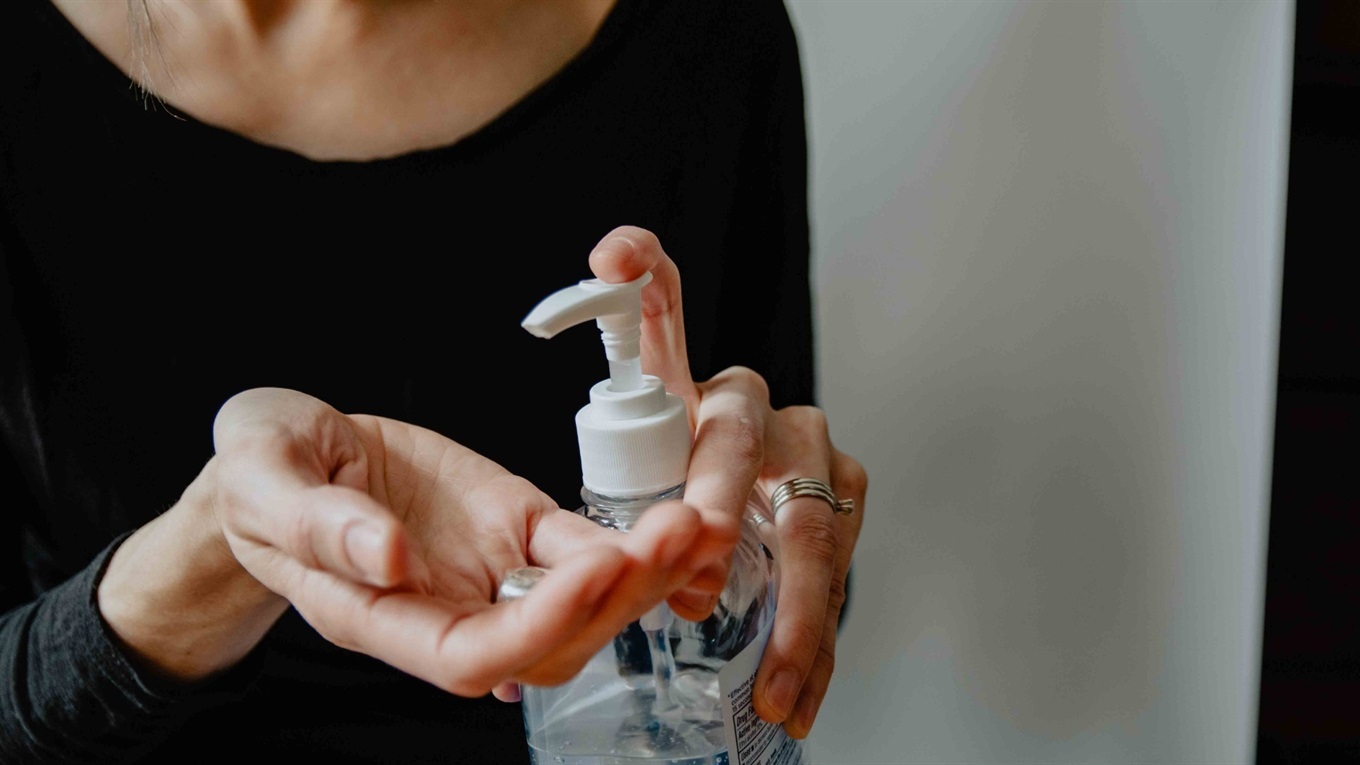
The properties and effectiveness of hand sanitizers directly depend on the components that are included in their composition. Until recently, a significant part of users of such means was convinced that all alcohol-containing preparations are excellent fighters against pathogenic microflora.
Studies have shown that formulations specially created for these purposes really protect the skin, prevent the growth of harmful bacteria, but are undesirable for constant use for a long time, as they can cause allergic reactions and severely dry the skin.

Does it affect viruses
Antiseptics can negatively affect viruses, and the main way to fight, as it may not seem commonplace for many, is to wash your hands with soap and water. With the usual one, which they used to use every day.
Note! The benefits of its use are confirmed by the World Health Organization (WHO). It is not only simple, safe, but also effective. It has a depressing effect on harmful microflora, including the coronavirus, which today has become a threat to the life and health of mankind.
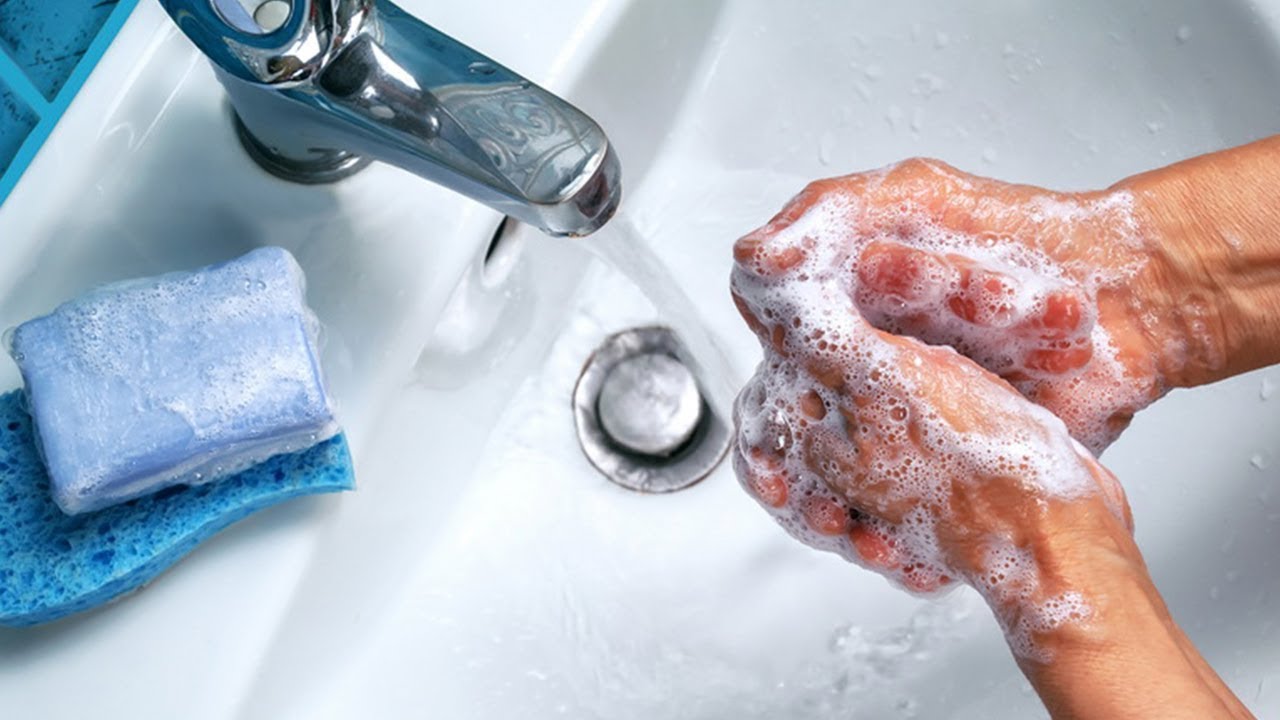
But in order to destroy viruses on hand, you need to follow certain rules:
- wash your hands for at least 30 seconds;
- replace the cloth towel with a disposable one.
Using a combination of these two components leads to the fact that the protective fatty membrane of the virus is destroyed by soap, and water washes it off the hands. Many years of practice have proven that their regular use is the best skin antiseptic.
Types of antiseptics and their principle of action
Antiseptics are not a narrow group of drugs intended only for treating hands. By their nature of impact and types, they can be:
- mechanical;
- chemical;
- biological.
And other types, such as physical or mixed (combined).
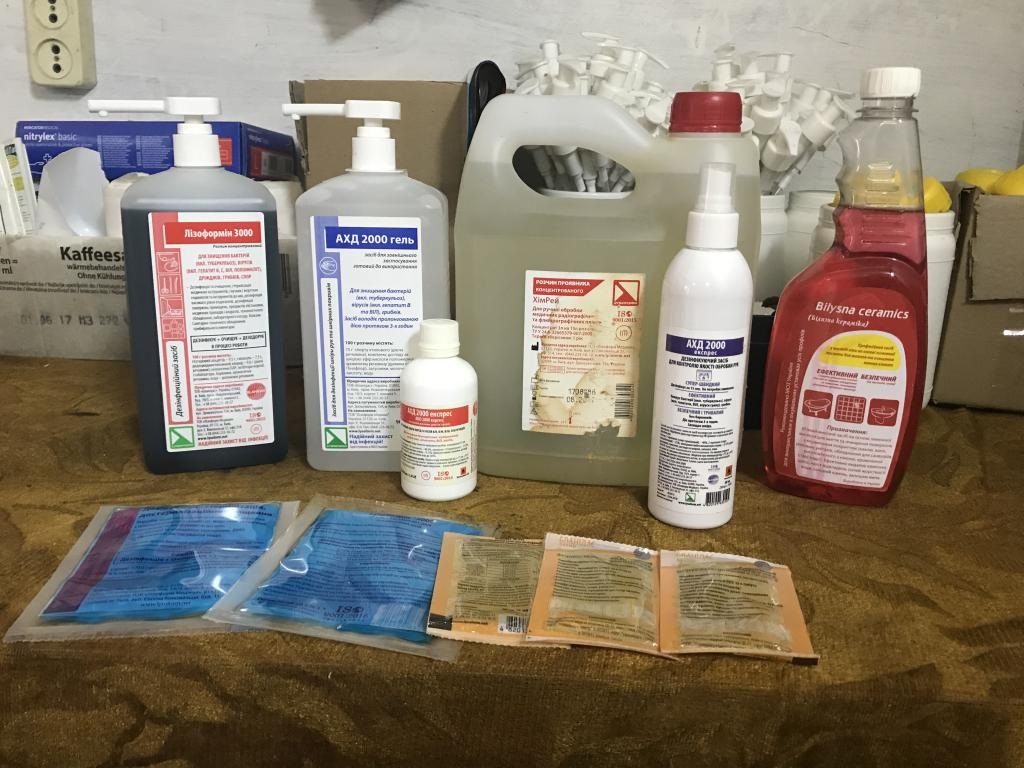
Each of them has in its arsenal a large selection of remedies and drugs, the features of which must be taken into account, depending on the situation:
- for the treatment or prevention of infectious suppuration;
- for disinfection of premises and instruments;
- dual use.
They can be used for outdoor and indoor use.
Externally, drugs are used in the form of ointments and solutions.

Antiseptics for oral administration (in most cases, antibiotics) are produced in the form of powders or tablets.
Mechanical
Mechanical antiseptics are used in medical institutions and are used to treat wounds from which diseased tissues are removed and infected tissues are surgically removed. If disinfection is carried out in a timely manner and correctly, then there is a guarantee that pathogenic microbes will not multiply or will be completely destroyed.
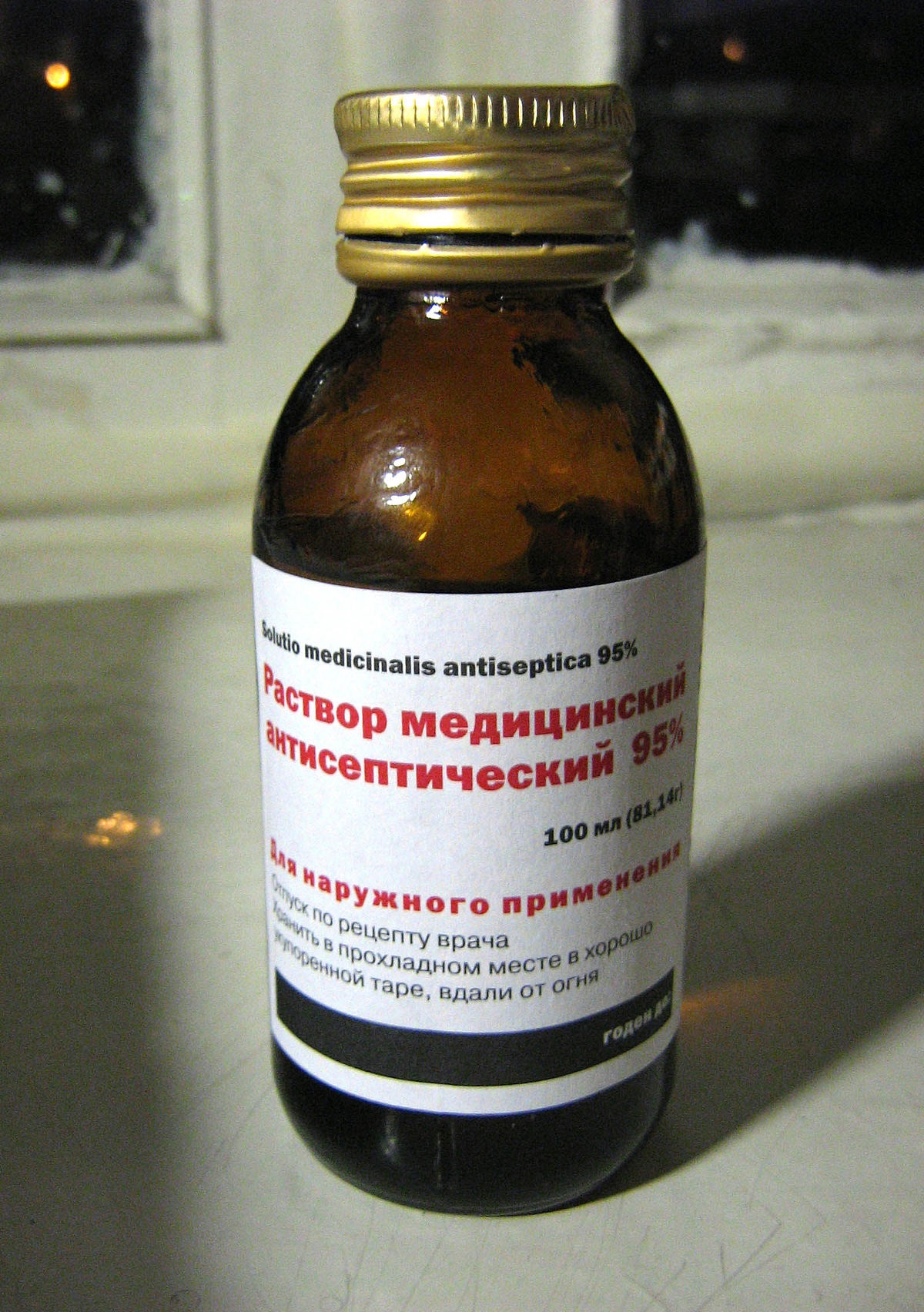
Chemical
This type of antiseptic agent actively affects microorganisms. At the same time, it is important that they do not have a negative impact on the state of the entire human body or its cells and tissues. These include well-known forms: creams, solutions, ointments, sprays and other types of drugs.
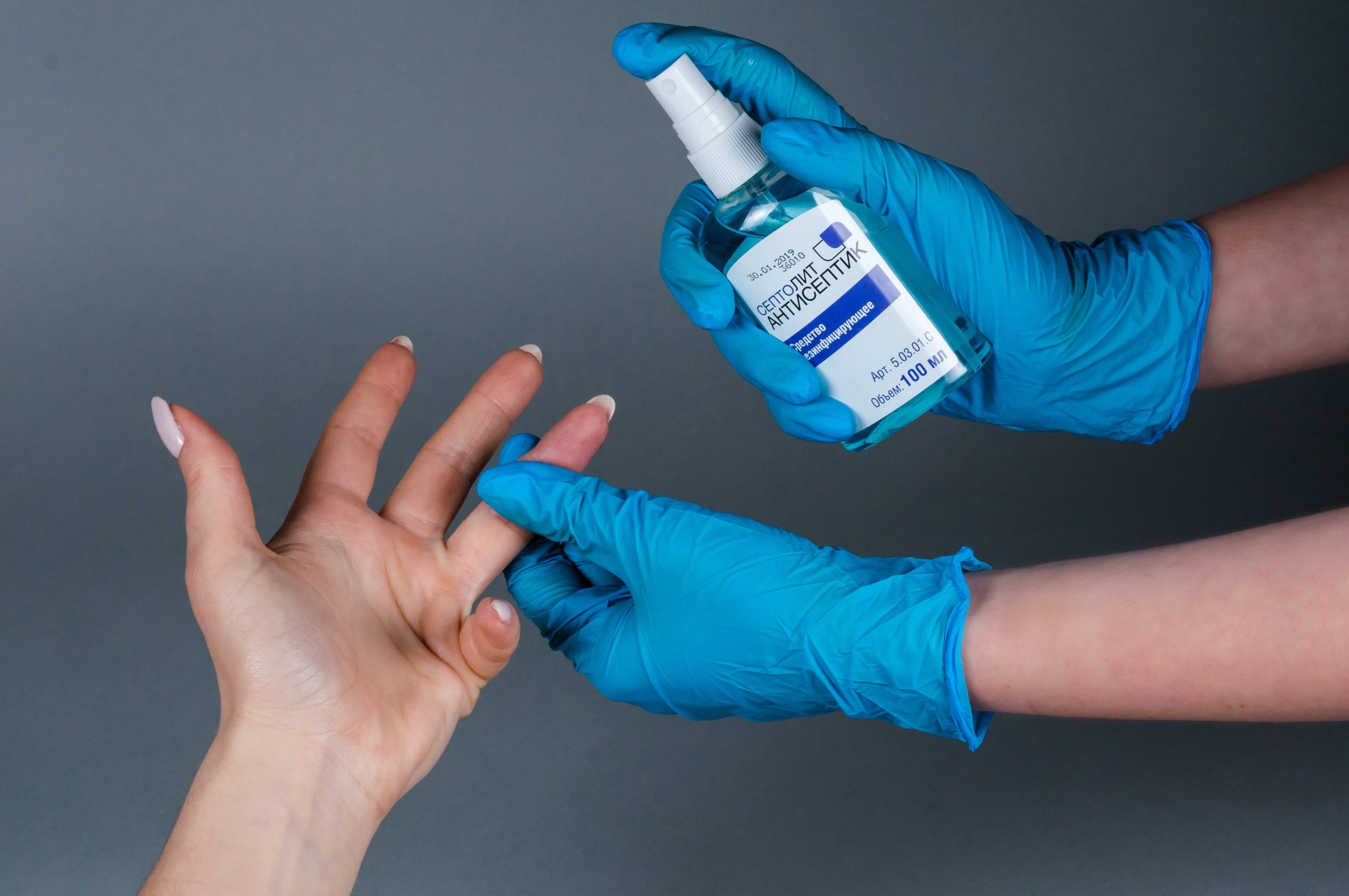
Biological
It is customary to refer to the type of biological septic tanks as drugs, the action of which is directed directly at the destruction of harmful microorganisms and toxins that poison the victim's body. It is customary to refer to them:
- antibiotics that have a bactericidal effect;
- eaters of bacteria - bacteriophages;
- antitoxins, which are an indicator of the immunity formed under the action of the introduction of serum into the body.
How to choose an antiseptic when buying
Most of these drugs are sold over the counter without a prescription. At the same time, it is important to be guided not so much by your personal ideas or the opinions of friends and neighbors about their benefits, but by the expediency and effectiveness of their use. Therefore, it is important to consult a pharmacist who will not only recommend the necessary drug in this situation, but also tell you about its principle of action.
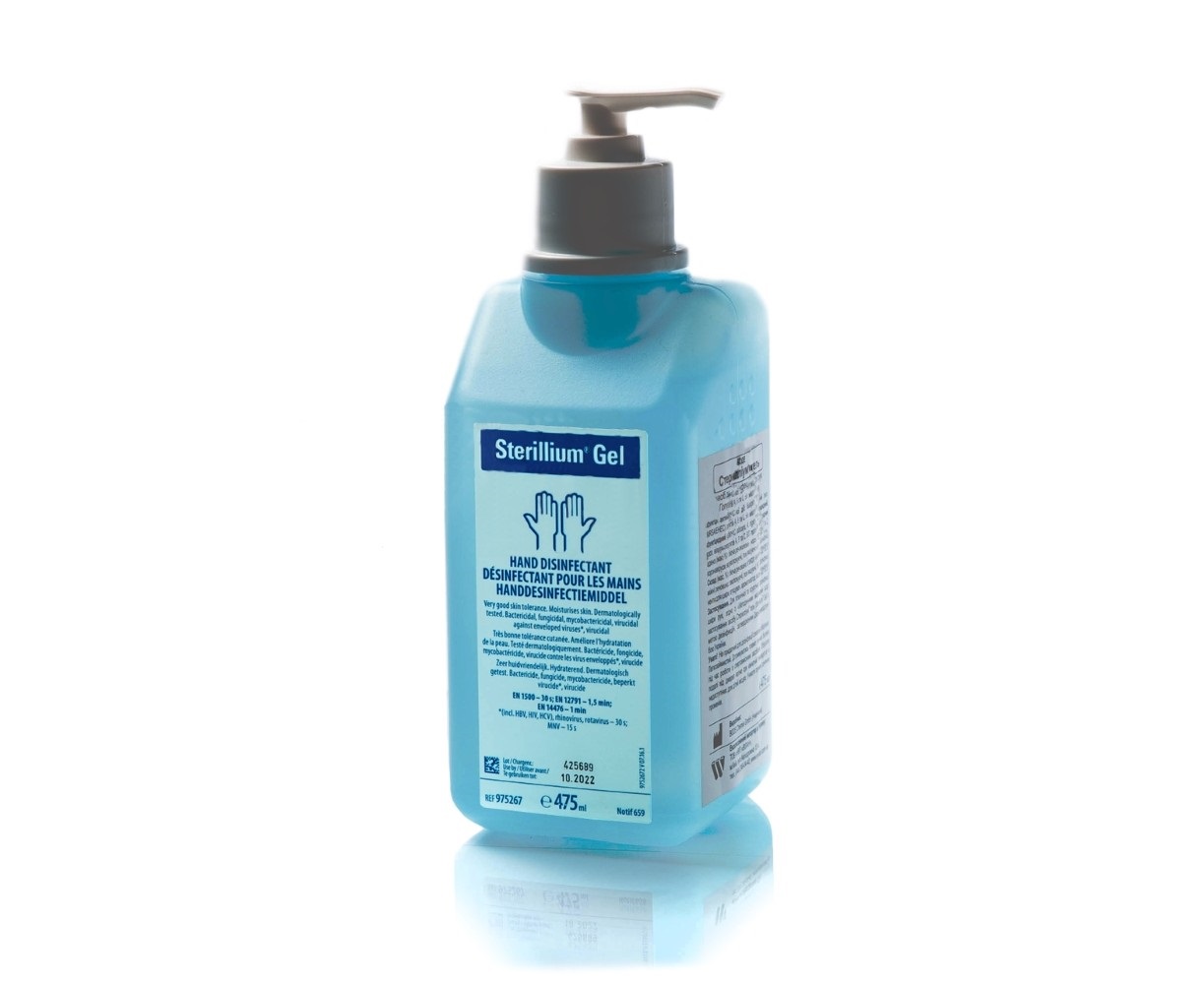
Depending on the purpose of using the antiseptic, substances are divided into the following categories:
- alcohols and combined alcohol-containing solutions that suppress the development of viruses, microbial cells and fungi, and viruses;
- aldehydes, which are strong reducing agents and are used for various types of disinfection and sterilization of medical equipment;
- acids and derivatives from them, which have a pronounced bactericidal and fungicidal effect;
- modern chlorine, bromine and iodine containing disinfectants used for current and final disinfection;
- preparations based on hydrogen peroxide used for sterilization of medical instruments and devices, materials;
- surfactants (surfactants).
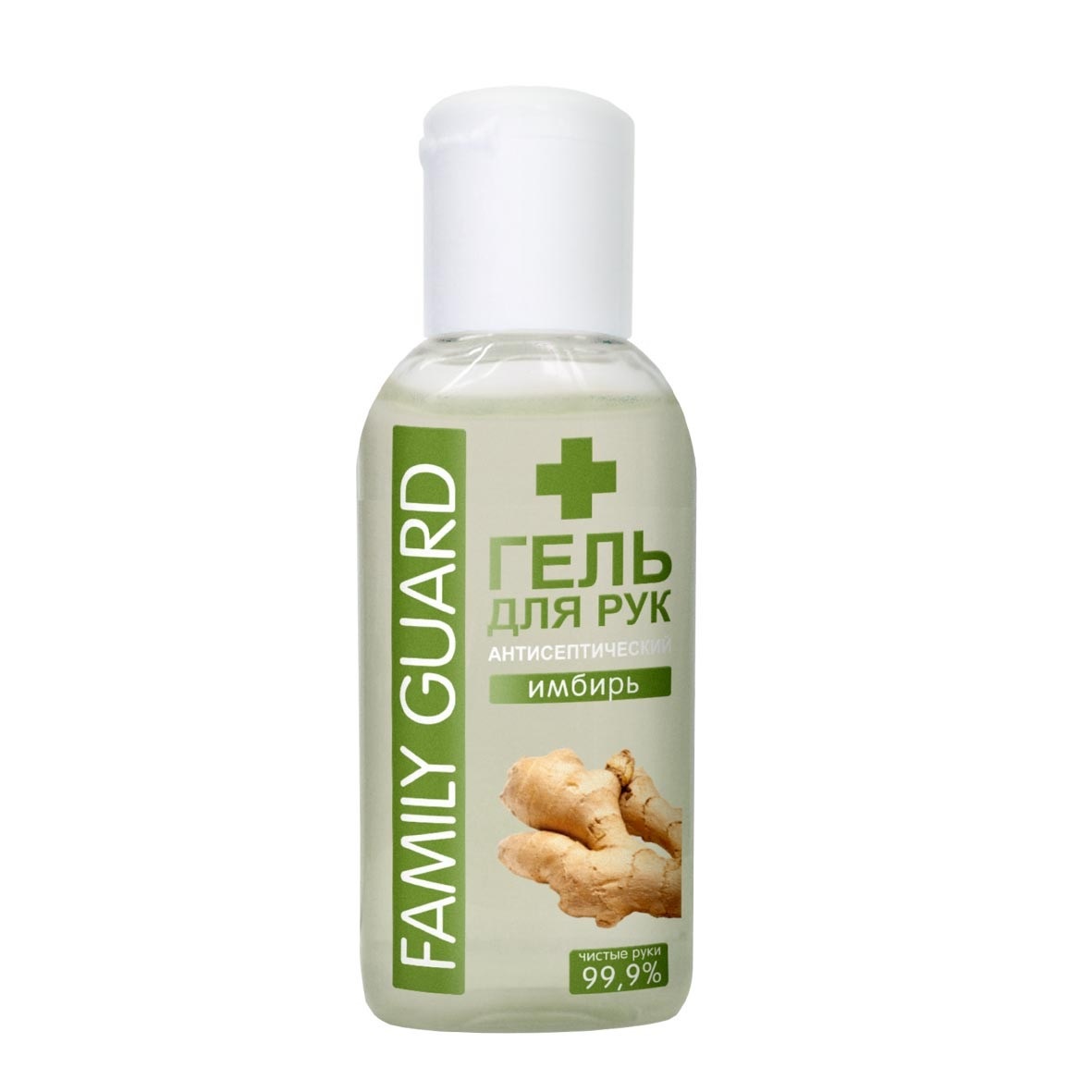
How to do it yourself
Not everyone has a desire to use industrial antiseptic products. Many people prefer to use folk remedies, and some home doctors believe that only a drug prepared at home will be effective.In any case, for those who want to independently prepare an antibacterial composition, but do not know how to make an antiseptic, you can use various recipes and recommendations.
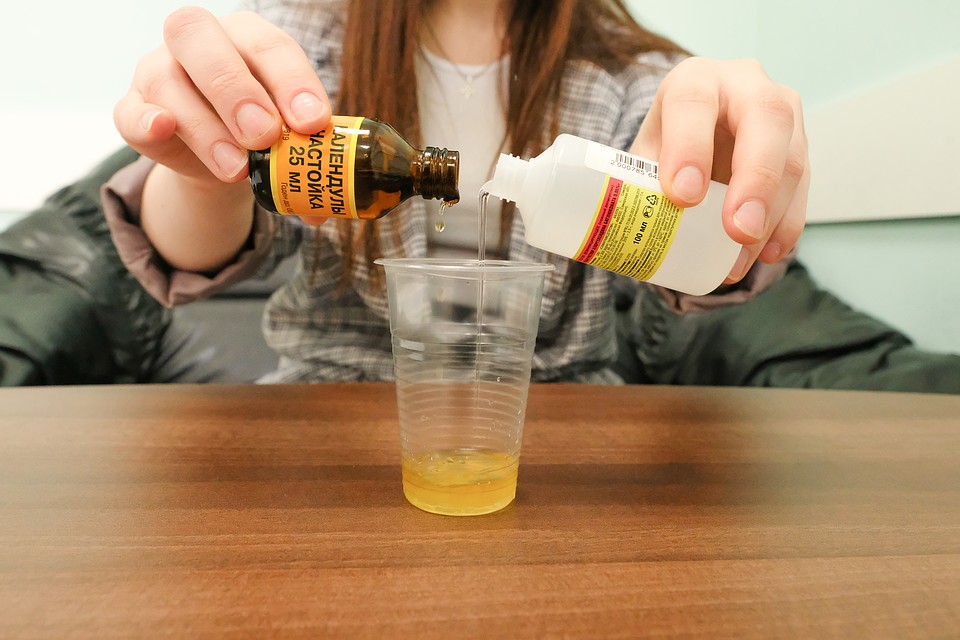
One of the recommendations is offered by WHO, but the simple composition of the recipe has one drawback: it is difficult to maintain the required weight ratio of the components.
But you can make it according to simple and affordable recipes from the available ingredients, for example, based on vodka. To do this, you need to prepare:
- water - 1 tbsp. l;
- vodka - 5 tbsp. l;
- aloe juice - 1 tsp;
- chlorhexidine - 5 g;
- lavender essential oil - 5 k.
You will need to combine all the ingredients in a glass container and mix well. Then pour into a tightly closed container.
Another recipe, but already using alcohol, has the following composition:
- chilled distilled or boiled water - 100-200 ml;
- glycerin 98% - 14.5 ml;
- hydrogen peroxide 3% - 42 ml;
- alcohol 96% - 830 ml.
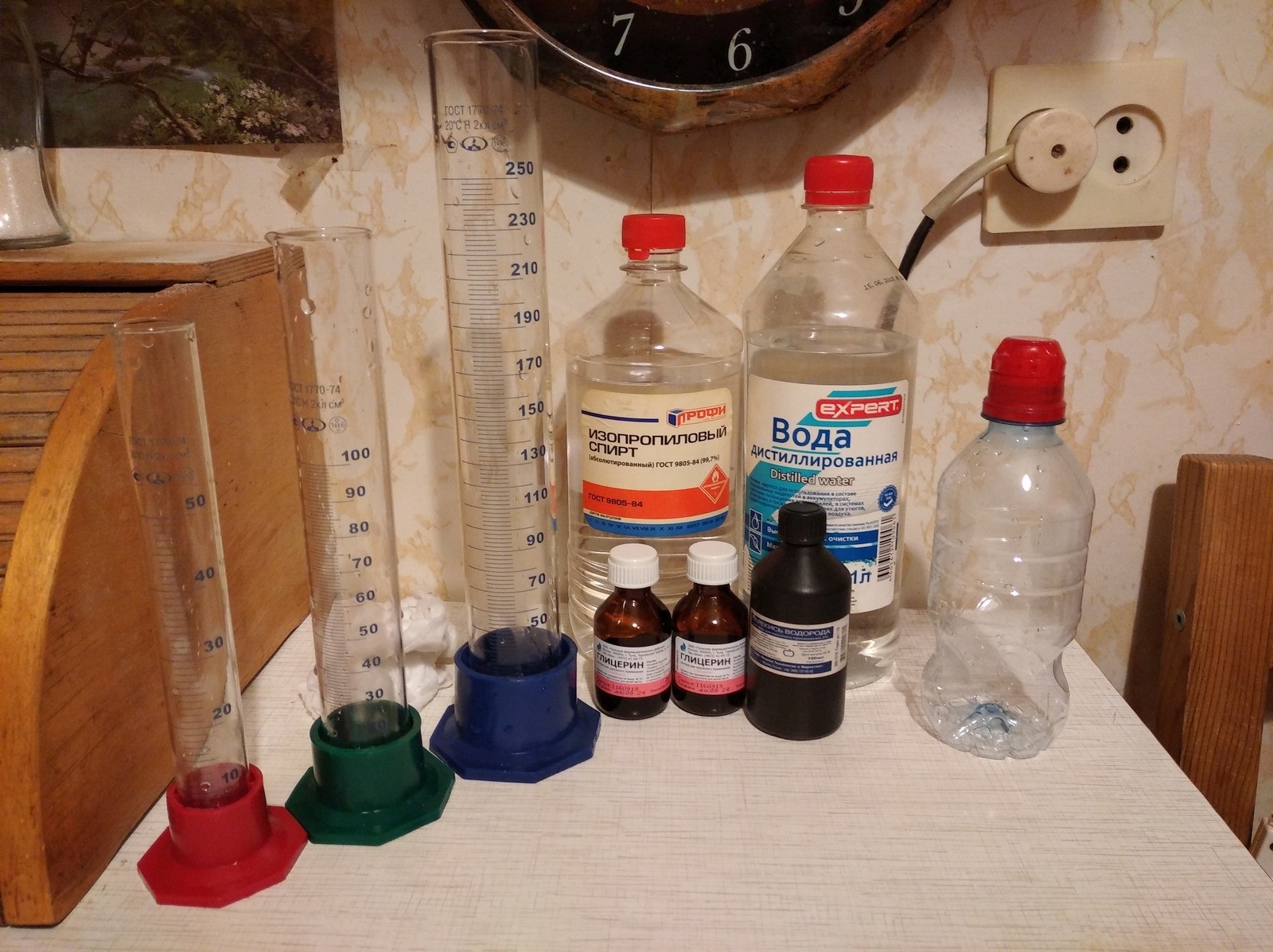
- Pour alcohol into a clean glass or plastic dish, add hydrogen peroxide.
- Measure the required amount of glycerin into a plastic cup, mix with peroxide.
- Add cool boiled or distilled water and mix everything.
- Pour into a tightly closed plastic or glass container, keep for at least three days.
Take a spray bottle for use.
Important! It is not supposed to take an alcohol solution inside. It can only be applied externally!
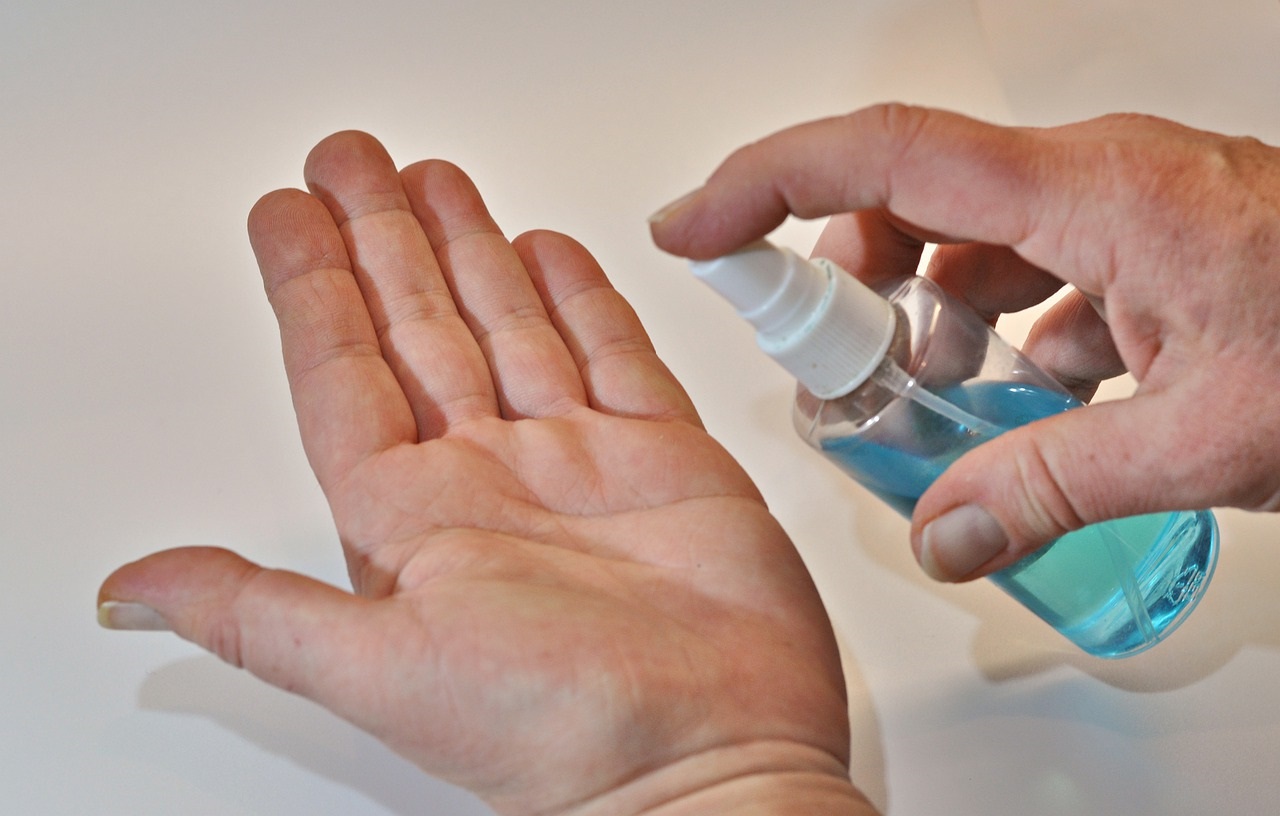
You can prepare an antibacterial gel without using alcohol or alcohol-containing substances. It will be useful not only for disinfection, but also for nourishing dry skin. To prepare it you need to take:
- aloe gel - 3-5 tsp;
- liquid vitamin E - 5 drops (k);
- lavender oil - 10 k;
- tea tree oil - 10 k;
- witch hazel extract - 15 g;
- essential oil with your favorite scent - 10 drops.
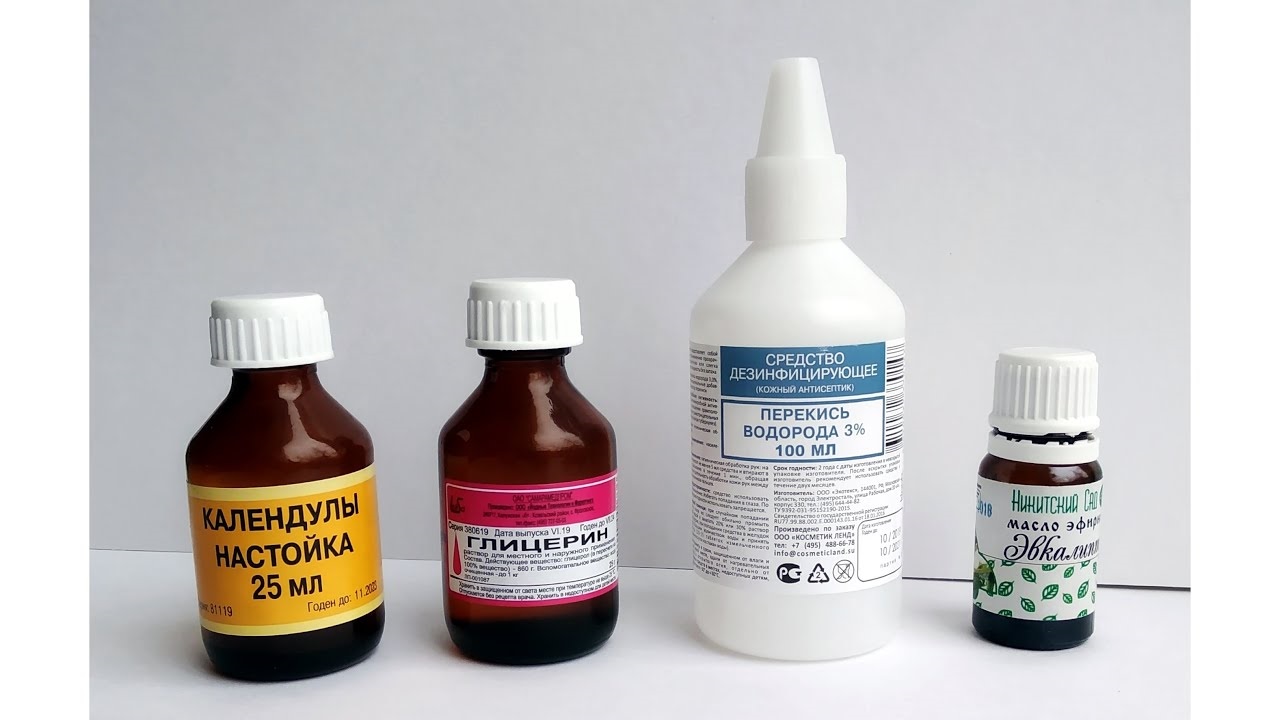
Combine essential oils in glassware and add vitamin E, which acts as a preservative, then witch hazel extract and aloe gel. It is used not only as a thickener, but also has beneficial effects on the skin.
Attention! The sequence of mixing the elements of the preparation must be observed.
Mix everything carefully, place in a bottle with a dispenser and store in the refrigerator. Use within a week.
Additional Information. If the necessary preparations for the preparation are not available, but there is any essential oil, it can be used as an antiseptic. This property is characteristic of essential oils.
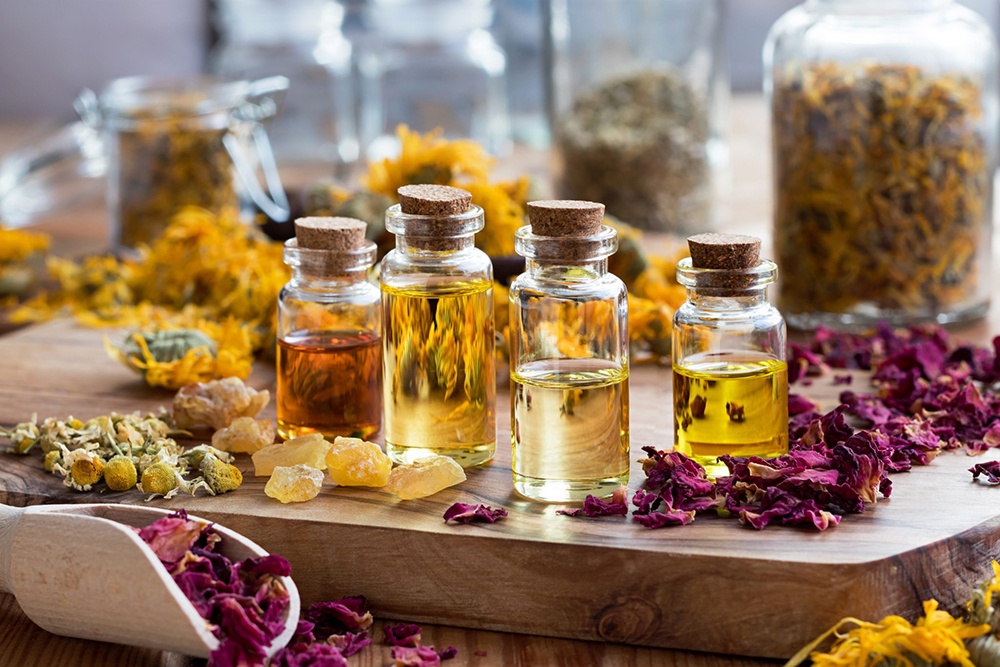
Correct application
To get the desired effect, it is important to follow certain rules:
- antiseptic should contain at least 60% ethyl or isopropyl alcohol and have a wide range of applications;
- if the agent has only an antibacterial effect, it will not be able to defeat viruses that cause influenza, SARS and other respiratory diseases, including coronavirus;
- you can actively counteract bacteria and viruses with a broad-spectrum skin antiseptic;
- if a creamy product is used, rub it in your palms for more than five seconds: the exact time of the procedure will be indicated in the instructions;
- alcohol solutions should not be abused: they greatly dry the skin;
- the most rational combination is the use of an antiseptic and soap.
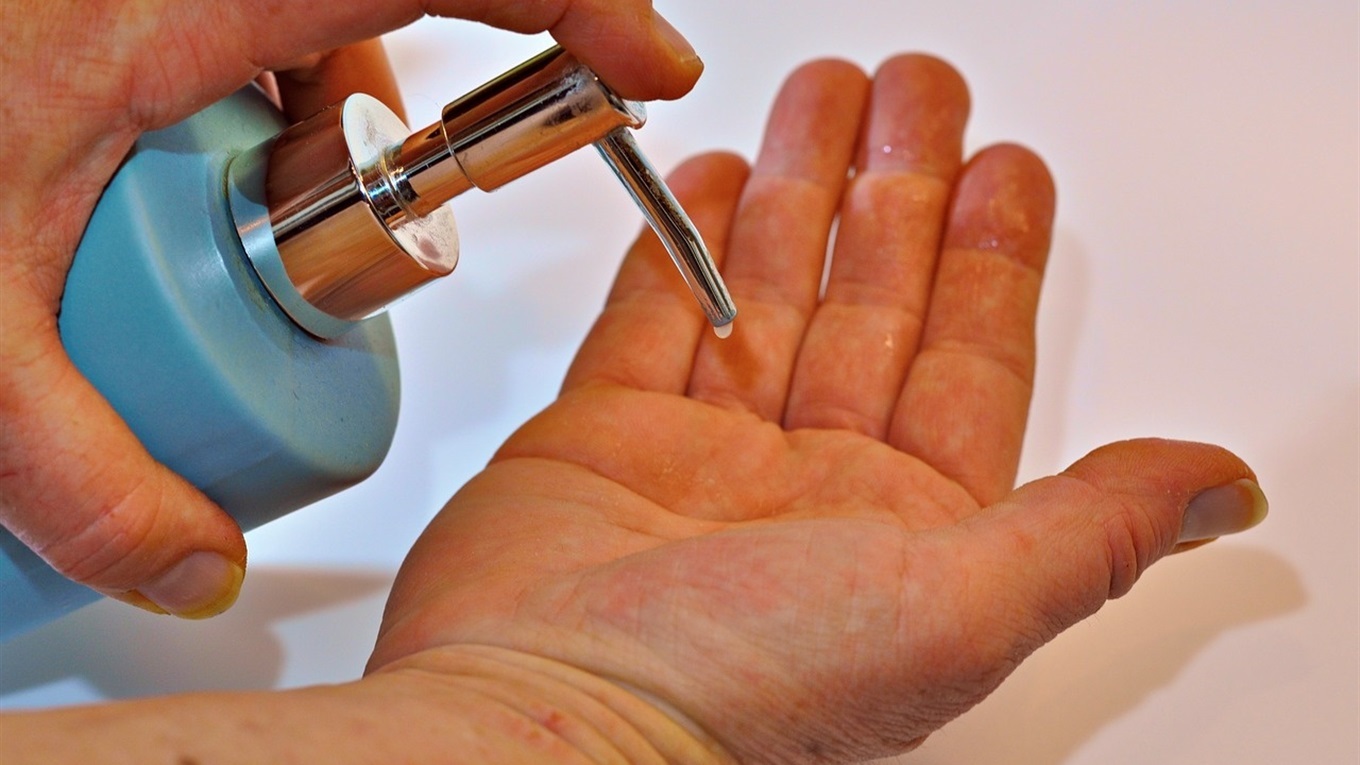
If none of this is at hand, and you need to disinfect your hands, you can use wet antibacterial wipes.
Features of the use of antiseptics in the medical field
In medicine, antiseptic drugs have been used for a long time.However, before the rapid development of medicine, their use was limited to mechanical (physical) antiseptics. It was an antibacterial dressing impregnated with a composition that kills pathogenic microflora in open wounds and helps to "tighten" them. In addition, the following were used for disinfection:
- boiling;
- steam and air sterilization;
- ultraviolet irradiation;
- ionizing radiation;
- ultrasound.
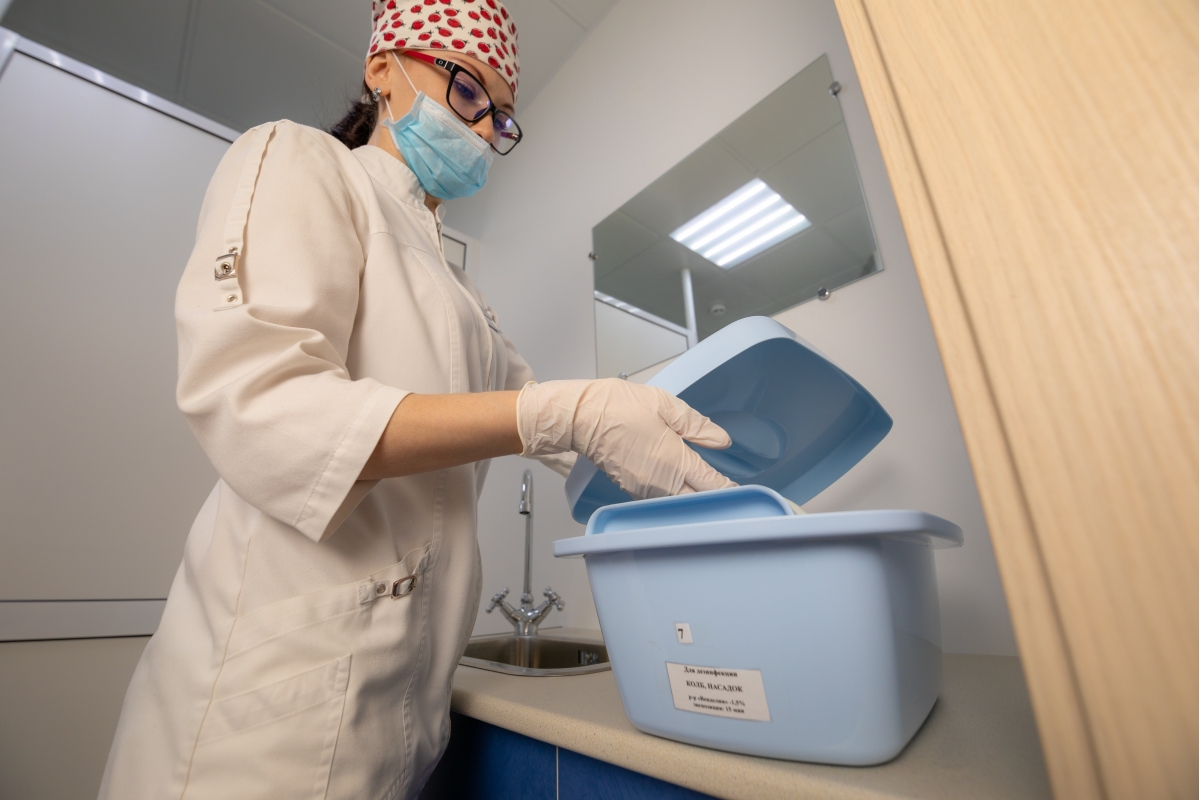
Used chemical treatment by immersion or wiping (spraying).
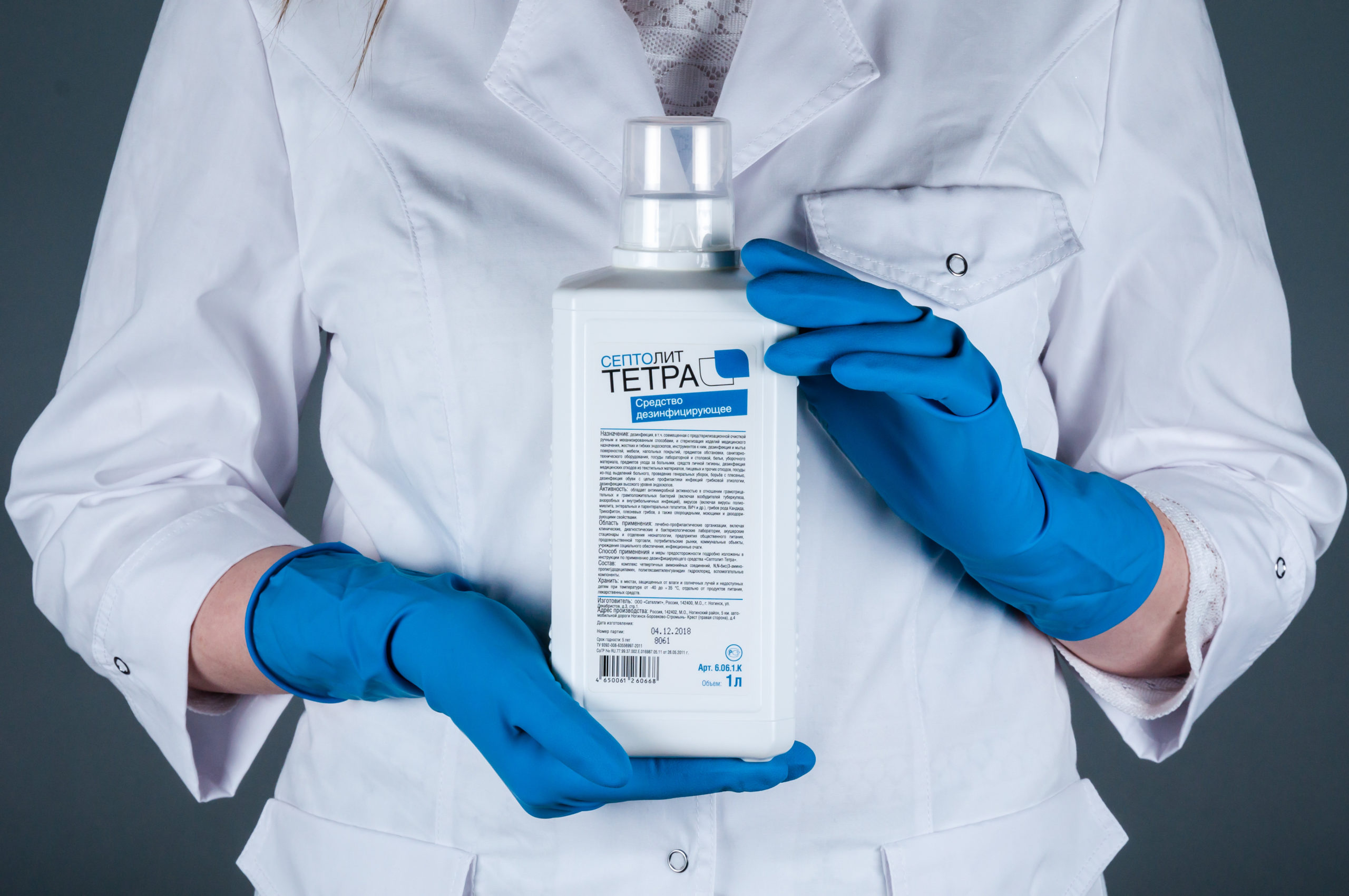
Today, medical institutions have a wide range of antibacterial drugs, although traditional methods continue to be used.
Are antiseptics safe
In epidemics caused by various viruses, people begin to use antiseptic agents, being fully confident that the more often and in large quantities they are used, the higher the level of protection against viruses, including coronavirus. However, it is worth knowing how often and to what extent disinfectants can be used.
It is no secret that there are people who are pathologically afraid of getting infected and suffering from the "virus of purity." They are ready to walk all day with rags, wiping any surface with a chlorine solution. Unfortunately, the measures taken by them do not always bring the desired result. In this case, soap and water remain the most effective antiseptics.

As for industrial preparations, when using them, you must follow the instructions, which, as a rule, are attached to a product with a complex composition.
Thoughtless use of antibacterial agents can backfire. Peeling of the skin can be observed, since together with the harmful microflora, "good" bacteria die, which "live" on the palms of a person, protect him not only from dust and dirt, but also from the "raids" of harmful microbes.
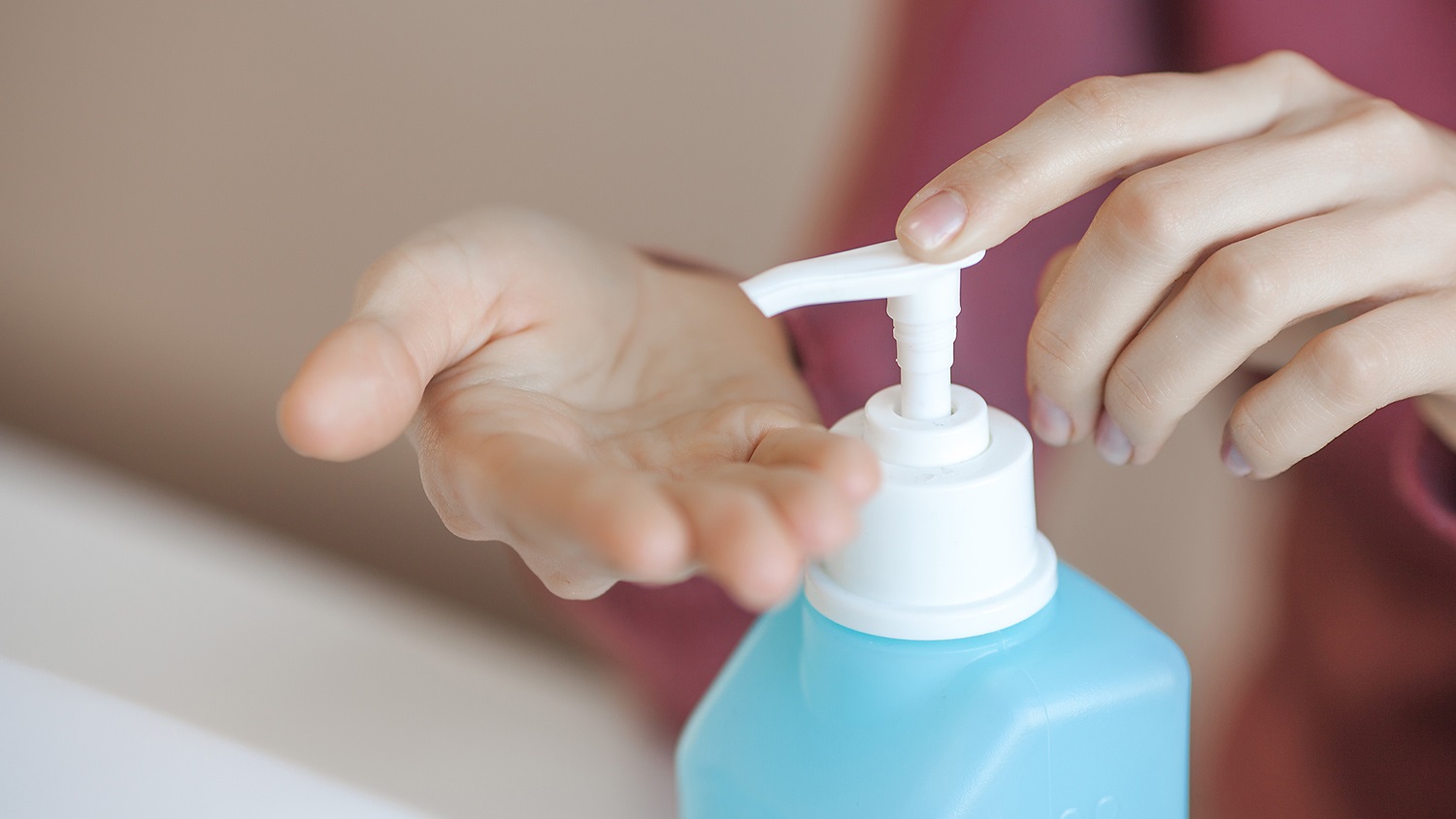
Antiseptics should be used in dosage, taking into account the characteristics of the user. They can only be beneficial if the rules of use are followed. The opinion that "it is better to overdo it than to miss it" will be inappropriate in this situation.
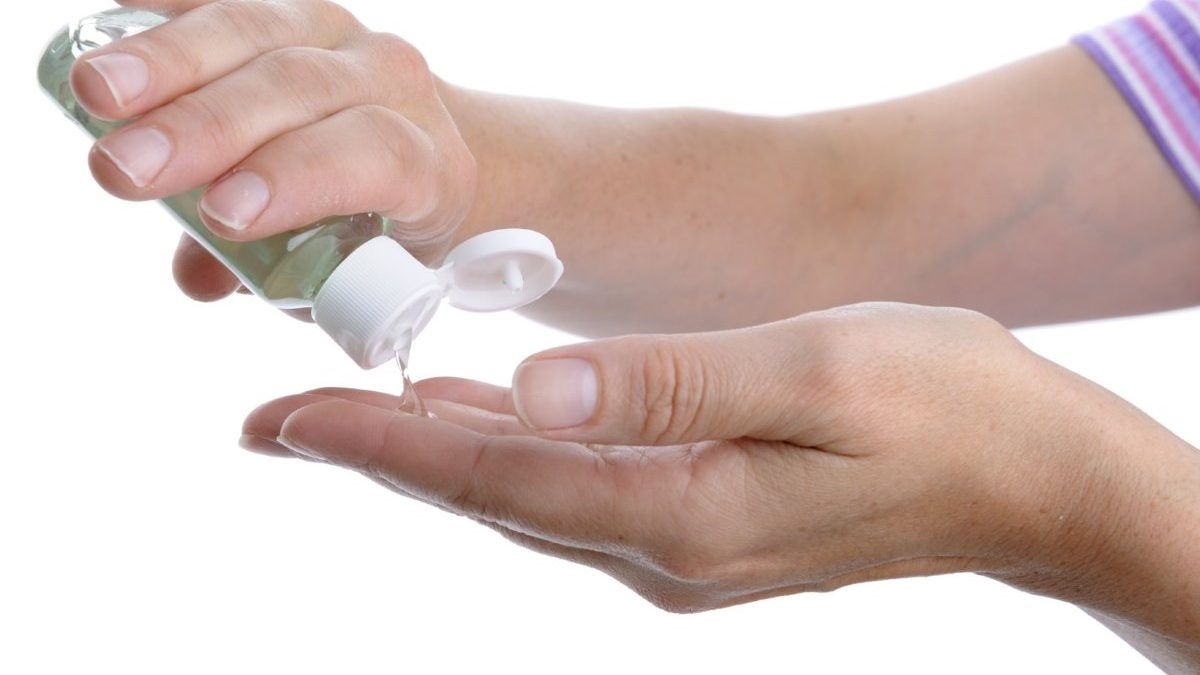
What is the difference between antiseptics and disinfectants
Antiseptics and disinfectants - means for the destruction or suppression of dangerous microflora, being chemicals or their derivatives. However, there is still a difference, and it is significant.
Antiseptics are used to disinfect the skin and mucous membranes.
Disinfectants are designed for antibacterial treatment of surfaces and objects. They are used by:
- in medical institutions;
- in tattoo and beauty salons;
- at food industry enterprises and catering facilities;
- at other facilities where the spread of infectious diseases is possible.
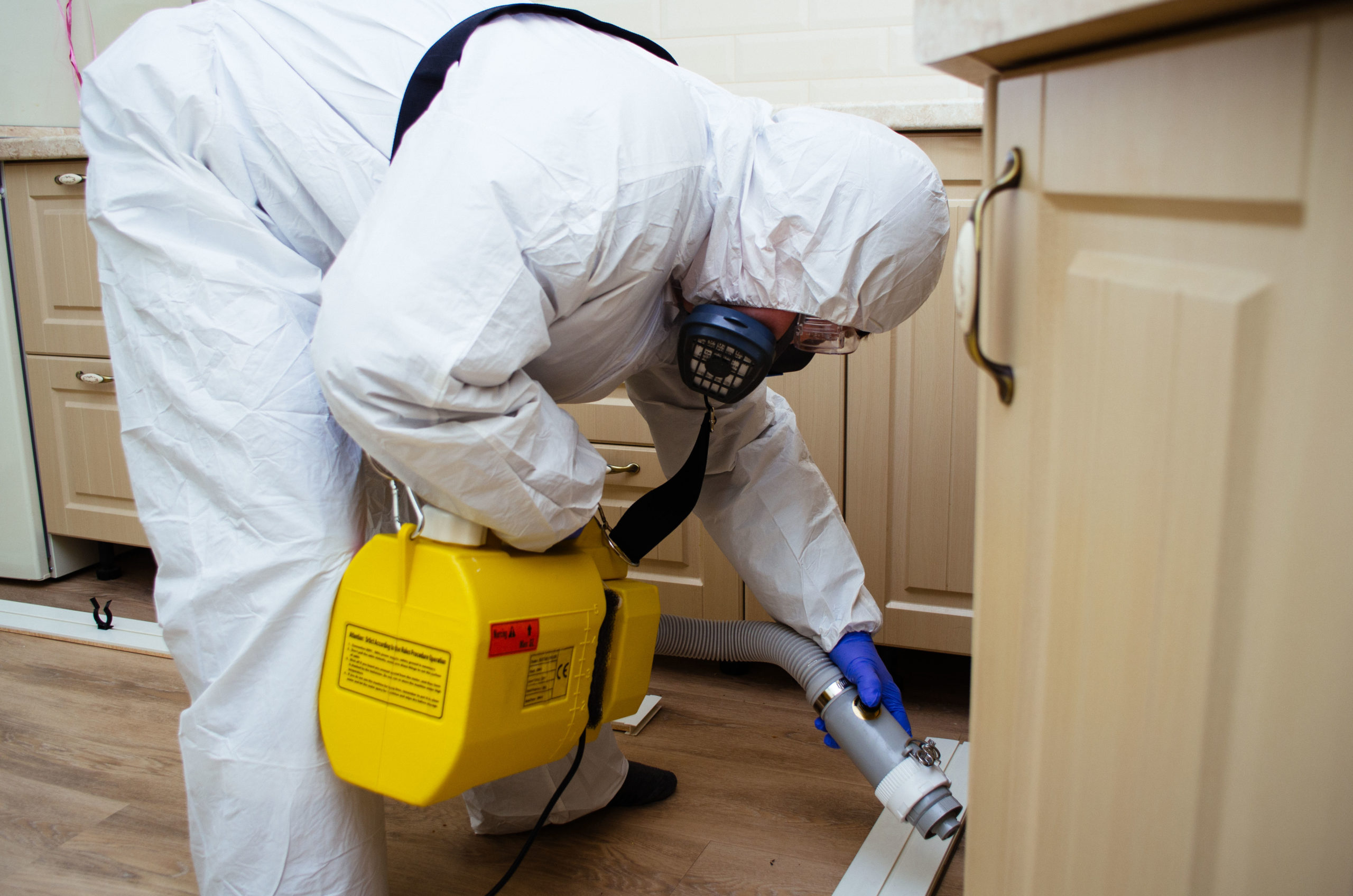
Important! Disinfectants are more powerful than antiseptics, so they cannot be used in place of antiseptics.
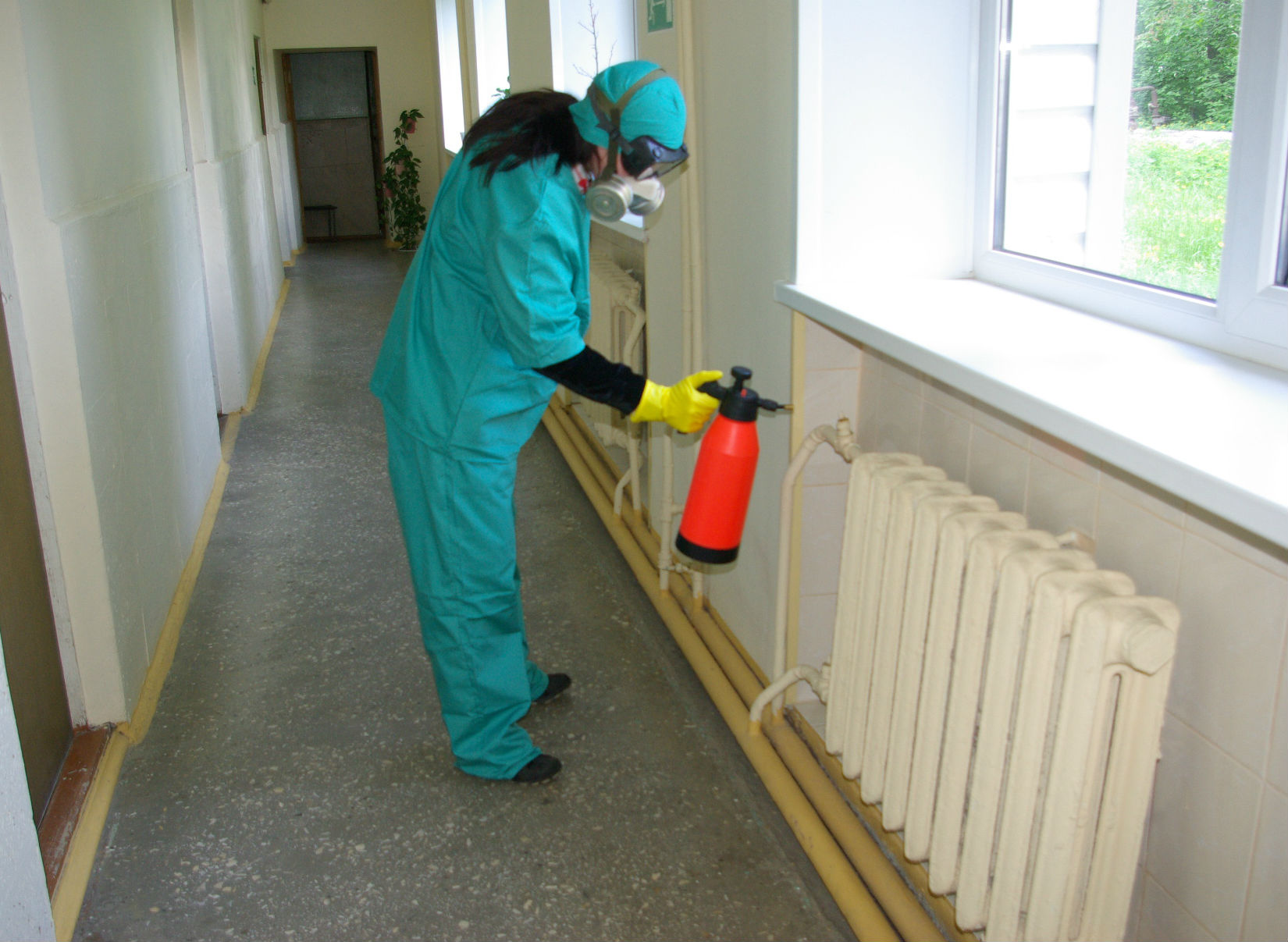
Most popular manufacturers
In connection with the aggravated epidemiological situation, antiseptics have become especially in demand. Against this background, the number of companies that have taken up the production of these drugs has increased. However, you should only trust trusted domestic manufacturers that have confirmed their high reputation, among them:
- Novosibirsk company "Atmosfera Health", which produces a line of antiseptics developed according to the standards of the World Health Organization.
- LLC "Master Klein" (Republic of Tatarstan), specializing in the production of lotions and other drugs with an antibacterial effect, the products are certified and comply with the Technical Requirements of the Eurasian Economic Union.
- Tochka Project LLC (Moscow), SanPlus - a certified manufacturer of hand sanitizer; a young, fast-paced company.
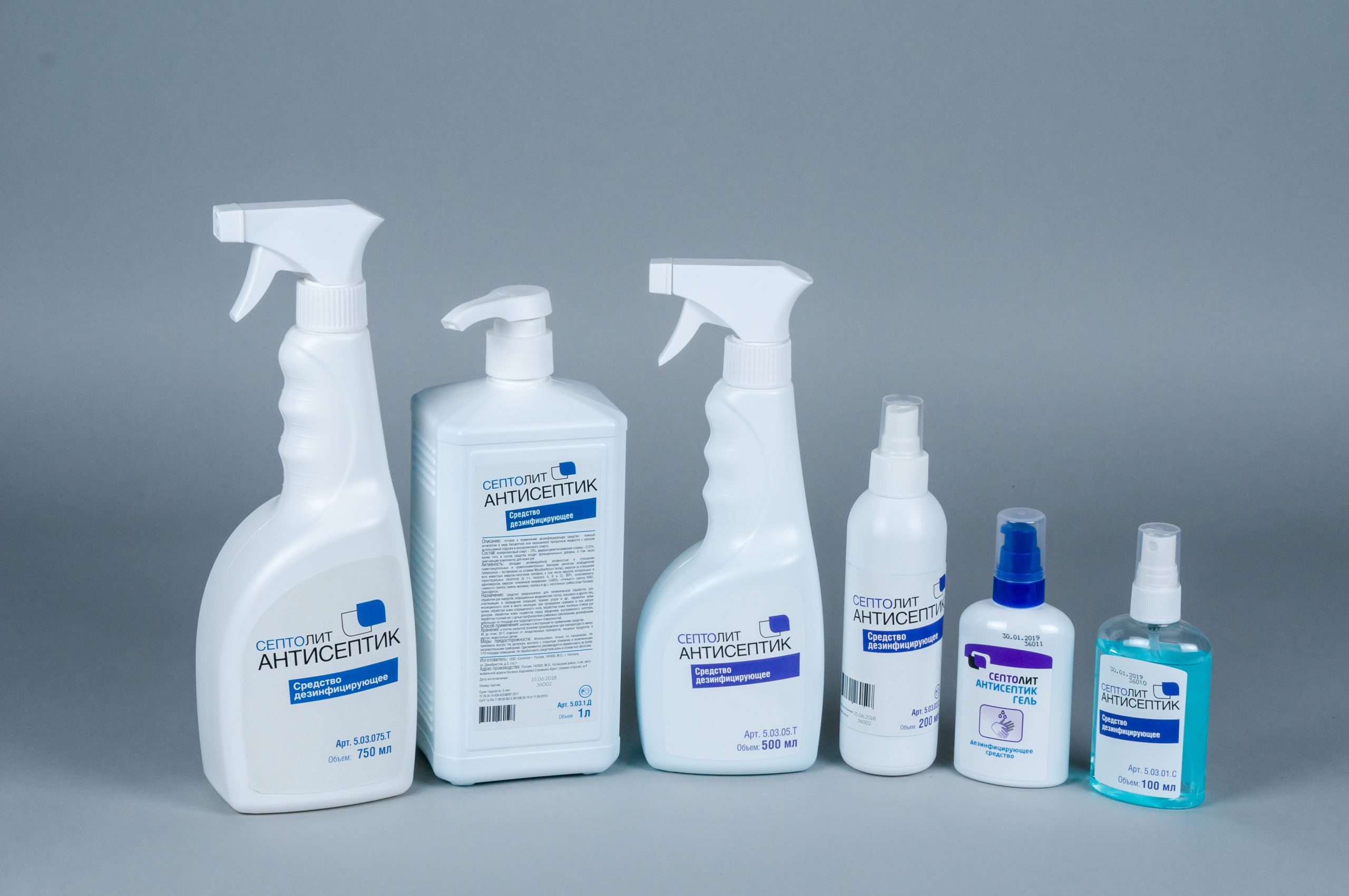
When using antiseptics during the period of viral diseases, you need to strictly observe their dosage and remember that washing your hands with soap is a prerequisite and useful condition at this time. It is equally important to keep the apartment clean and tidy.
Video: how to make an antiseptic with your own hands


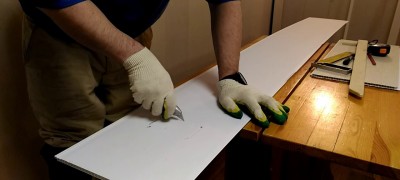



Discussions
I'm buying a dermal antiseptic with chlorhexidine Twins Tek at home. He's not alcoholic. It is used in medicine. They can and should disinfect their hands, skin and objects.